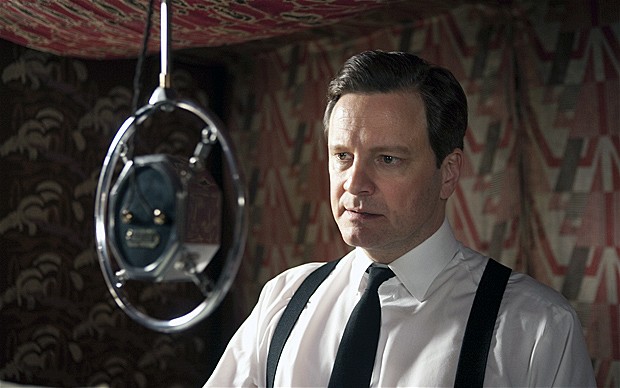Leadership development means that leaders must be able to reach beyond a reliance on only their cognitive ability to demonstrate other capabilities.
Just two decades ago, the majority of white-collar employees expected to be paid a modest salary, receive standard benefits and keep their job for years as long as they did what they were supposed to do. Few expected to be coached or developed. Fewer still expected their leaders to understand them, to be intuitive, to create energy, or to break down barriers and facilitate the flow of information. Times certainly have changed as these days top graduates see strong coaching, mentoring and leadership development programs as important as salary in choosing prospective employers.
New Behaviours
Leaders now need to protect, to inform and to have the strength of character to do the right thing. Which also means ‘fessing up’ when they haven’t done the right thing.
Behaving purely dispassionately and coldly analytically will distance you from the others. Good leaders need to be right in the mix, getting their hands dirty. It will be appropriate at times to display emotional connectedness and vulnerability – all believable human qualities.
Draw on head, heart or gut behaviours as differing situations and events demand.
Too often, leaders reflexively rely on their proven way of solving problems, approaching relationships or capitalising on opportunities. They automatically assume they can approach fresh challenges in the way they always have. They end up being partial leaders, which creates problems. I guess thats why the term innovation is bandied around so often these days. Innovation through conscious leadership development is needed as so many leaders have failed.
Leadership Development as Training Focus
As a consequence of a shifting landscape and greater focus on the actions of leaders, leadership development has grown rapidly as an area of study and training. There are a plethora of training options out there, offering everything from presentation impact to executive coaching to managing critical conversations to media skills training.
Sartaj Garewal is the founder of Dynamic Presenting – a creative, leadership development consultancy, adapting theatre training to create leadership programs for business.
Dynamic Presenting – Enabling Powerful Communication












